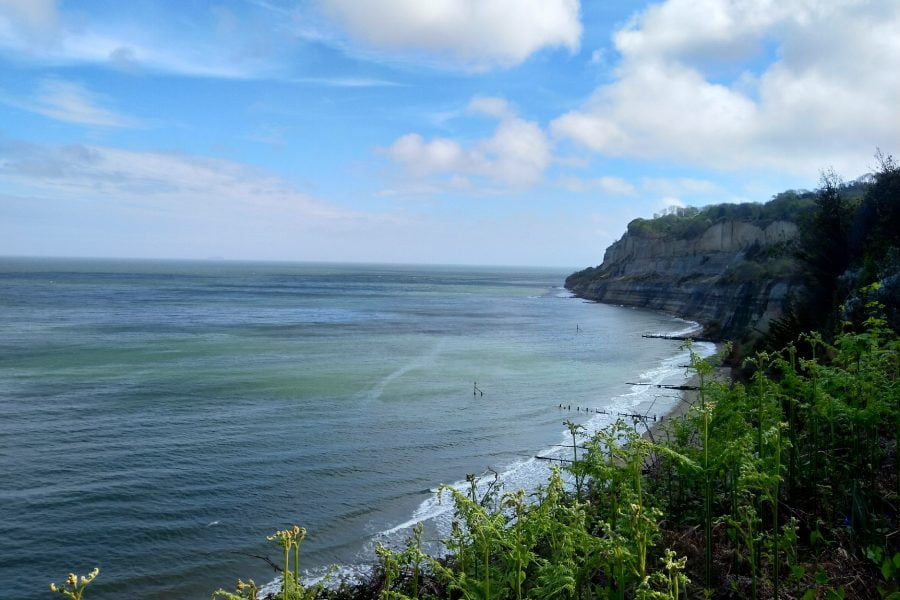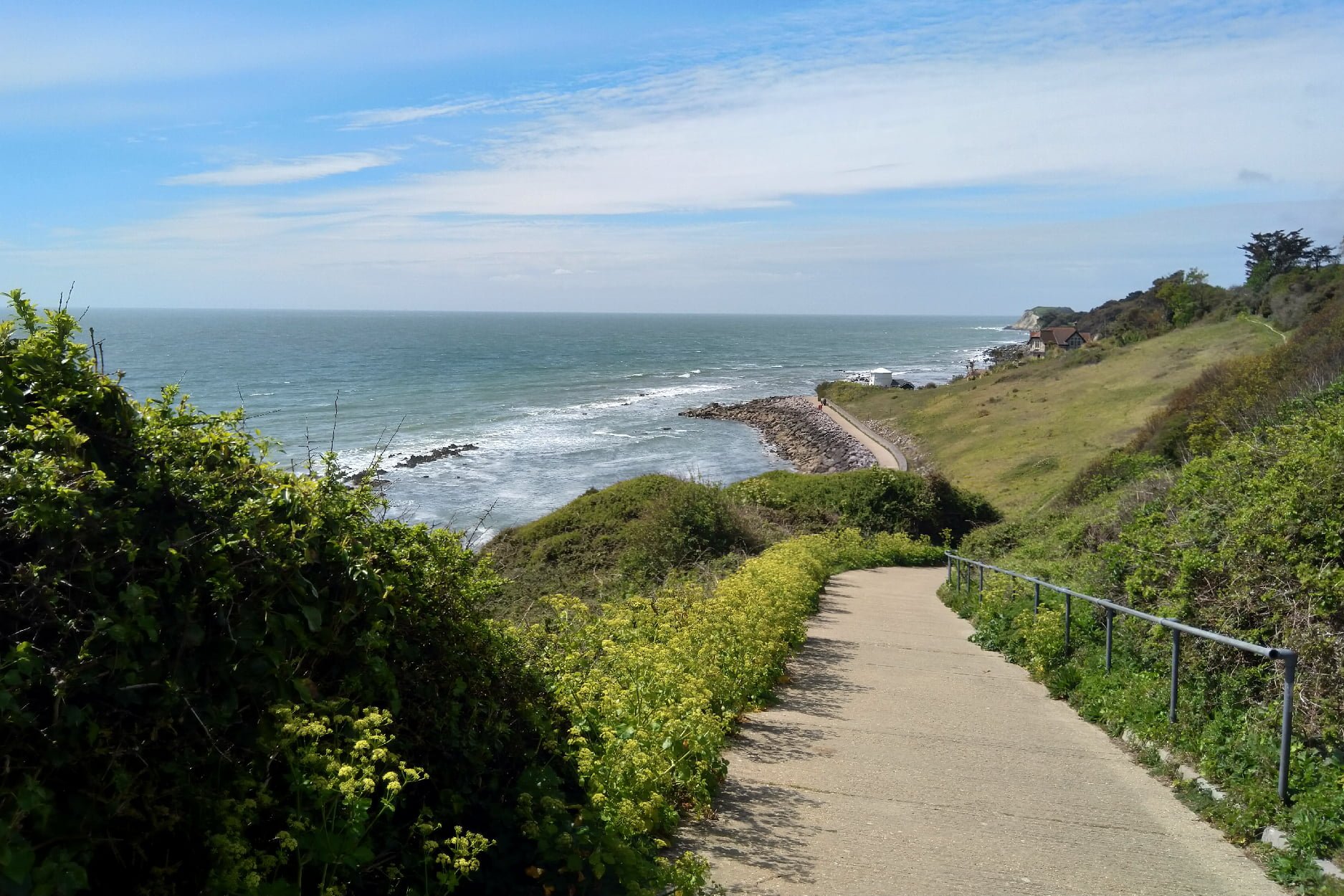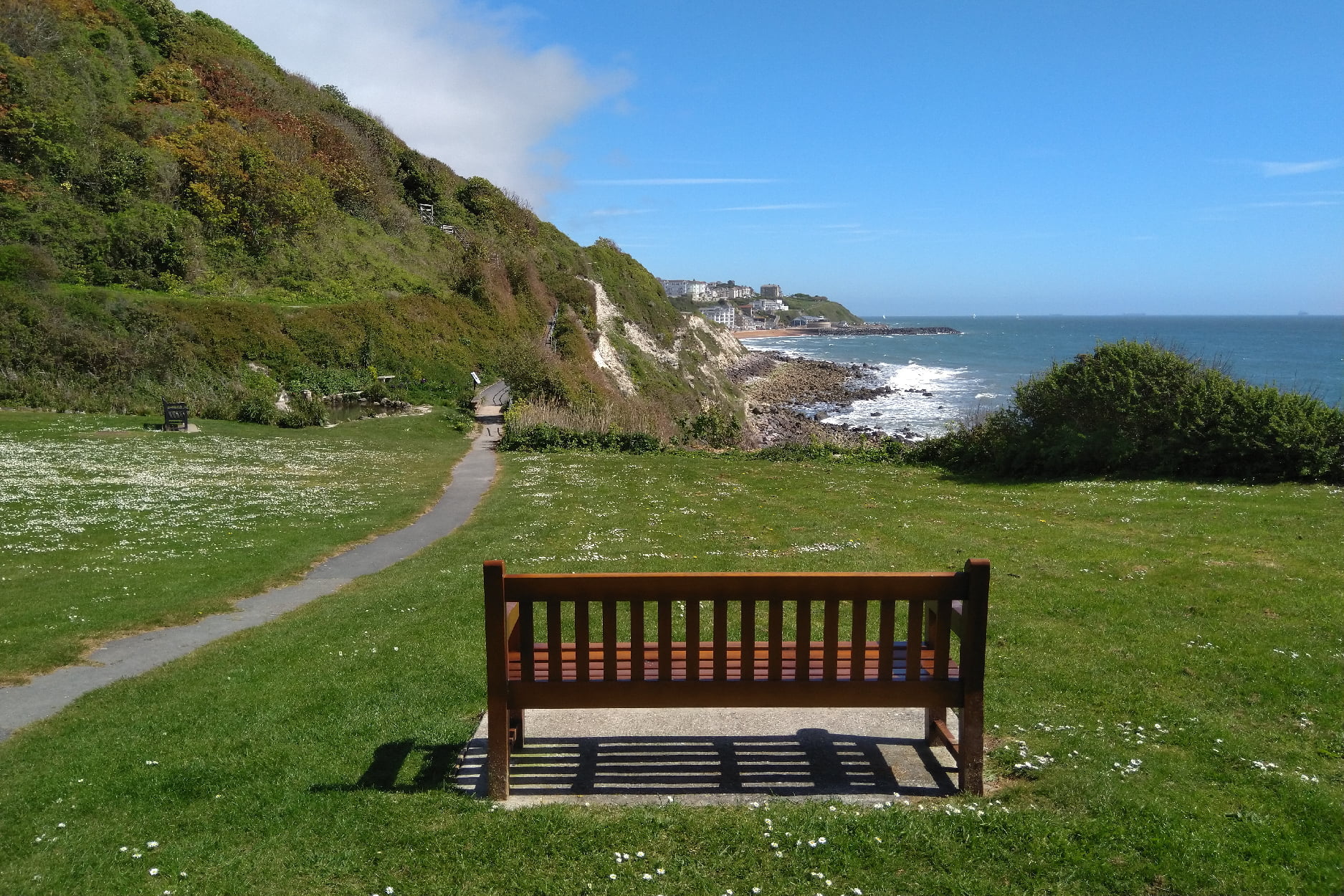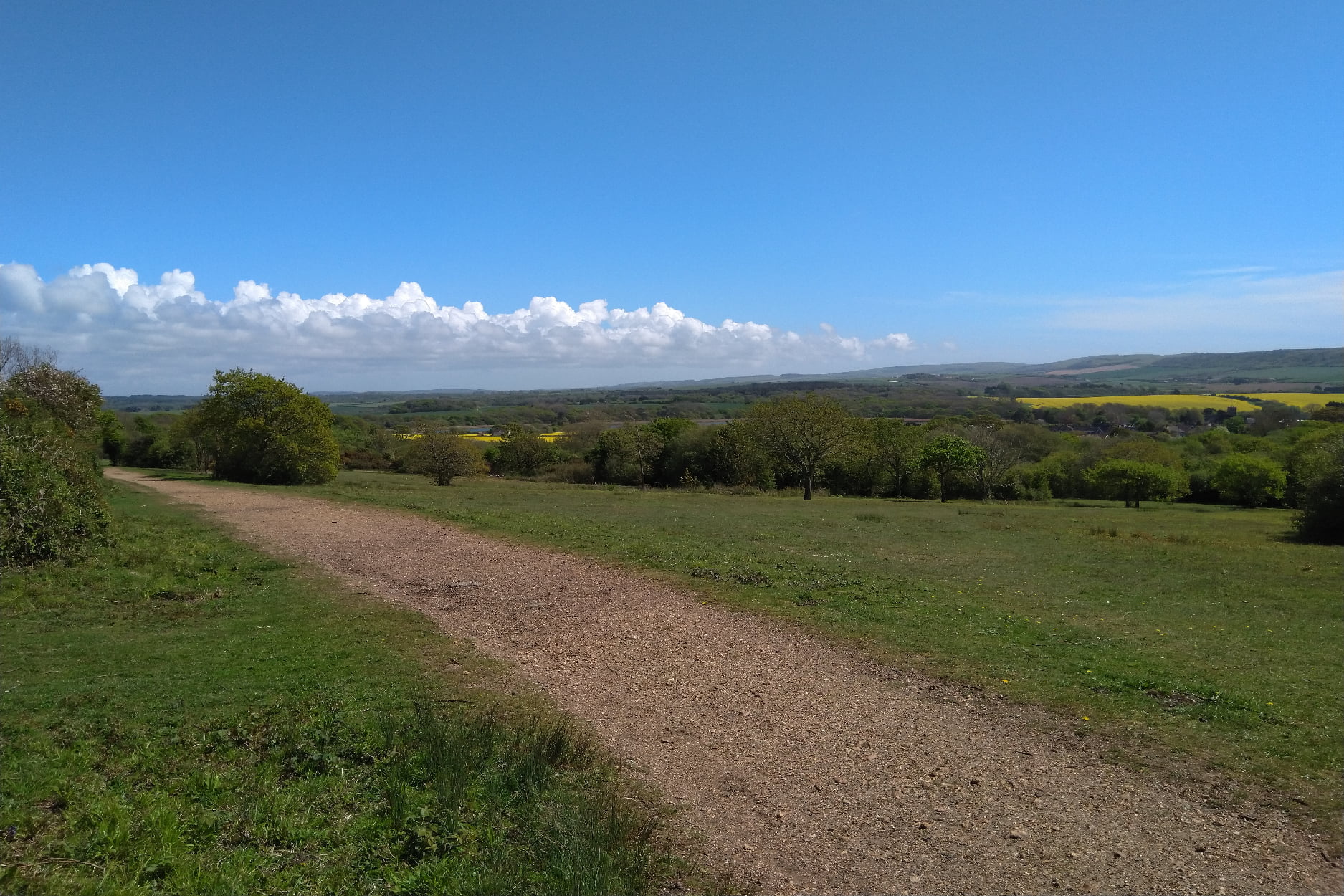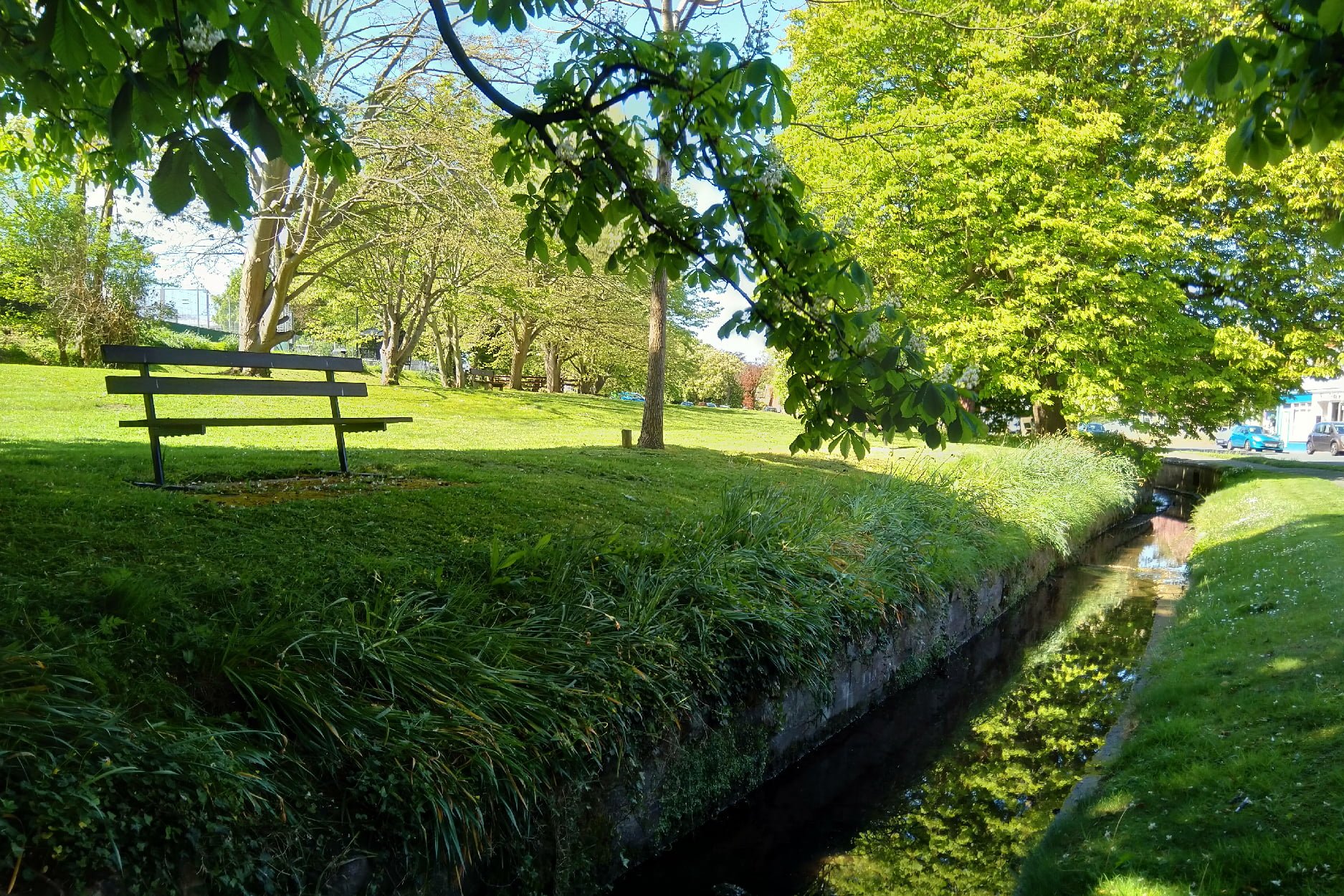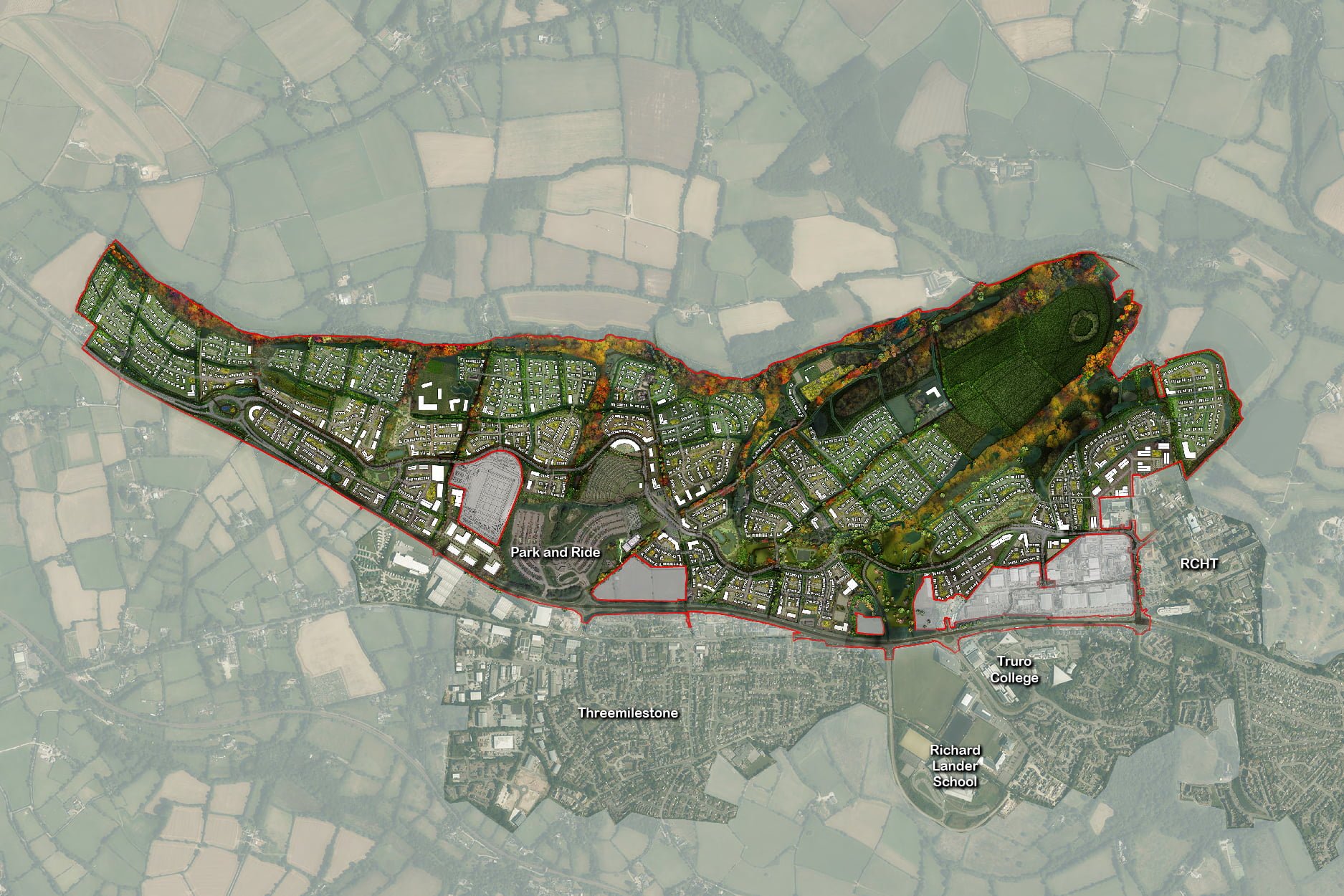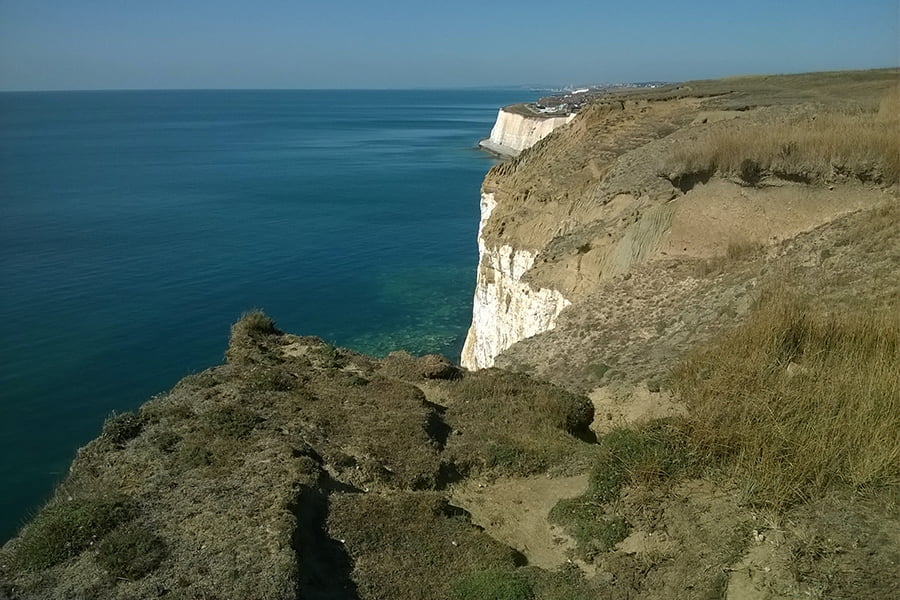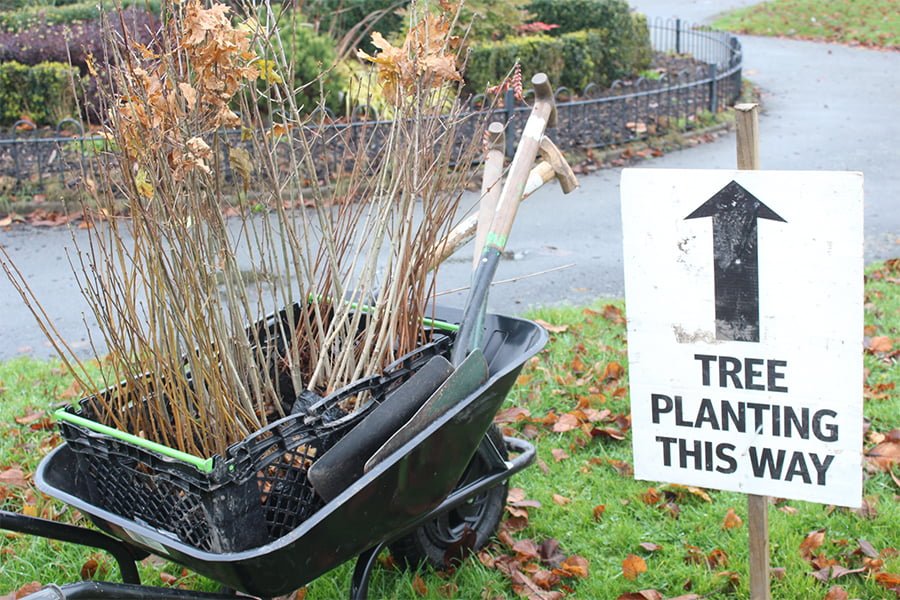Commissioned by the Isle of Wight Council, TEP undertook an Open Space Assessment to provide a robust and up-to-date evidence base for the emerging Local Plan. The Open Space Assessment covers policy and context review, consultation and open space assessment. Our partner Sports consultants 4Global and Strategic Leisure led on the Playing Pitch and Indoor Sports Assessment, respectively.
There were some key nuances within this project, including geographical facts such as the study area being an island, and the associated limitations with Green Infrastructure and connectivity. One element of the project was considering how to overcome these limits, such as finding ways for the population to enjoy the journey as much as the destination. For example, how to take advantage of the Isle of Wight’s stunning scenery and its three Green Flag awarded parks, whilst out walking or cycling.
The evidence in the Open Space Assessment comprised an assessment of the quality, accessibility, quantity and value of open space island-wide, including six sub-areas. The study covered a range of open space typologies, from formal parks and gardens to more informal natural and semi-natural green spaces. Some of these fantastic open spaces include the Lake Cliff Gardens situated on the cliff-top above the Sandown Bay, and Appley Park, which adjoins the award-winning beach.
TEP undertook consultation with key stakeholders, including Parish Councils, the Ramblers Association, the Forestry Commission, Park Run, as well as through an online questionnaire and collated feedback on open spaces within the Isle of Wight and suggestions for improvements.
The assessment required initial research and data gathering to produce open space mapping. TEP’s in-house Green Flag Award Judges then assessed the quality and value of open spaces, aligning their audits to the Green Flag Award criteria. They also took into account the value of the Island’s Areas of Outstanding Natural Beauty (AONB), its Ramsar designated coastline, Special Area of Conservation (SAC) and Special Protected Area (SPA) and Site of Special Scientific Interest (SSSI).
TEP’s Landscape Managers identified the distribution of and access to existing open spaces, in terms of current and projected population. They also considered how these open spaces could be worked into future planning decisions, to improve accessibility for residents. The focus was to provide an evidence base to support policymaking and to support the Council in improving quality of life for residents.


